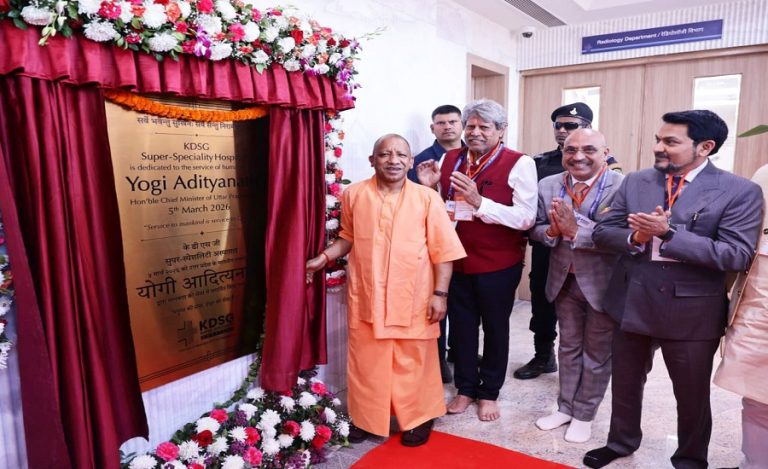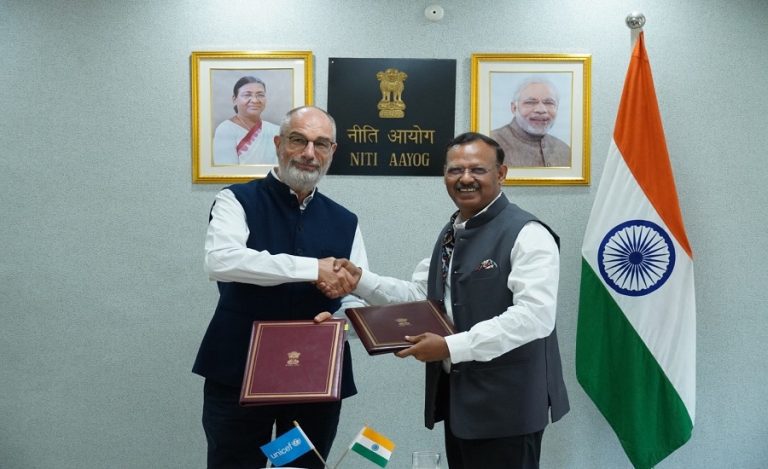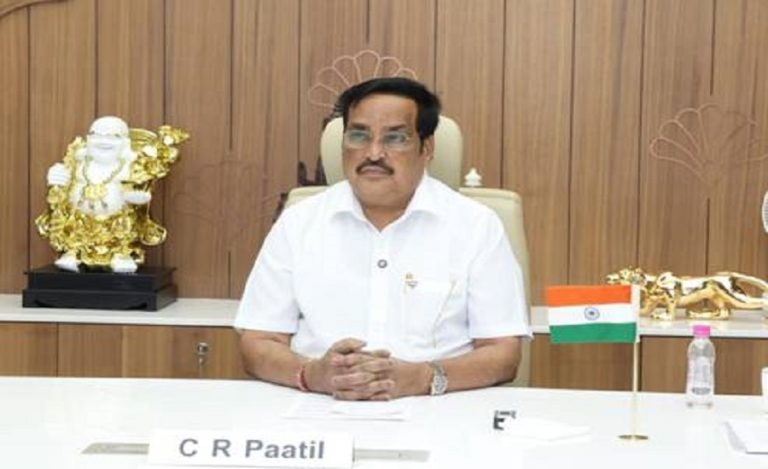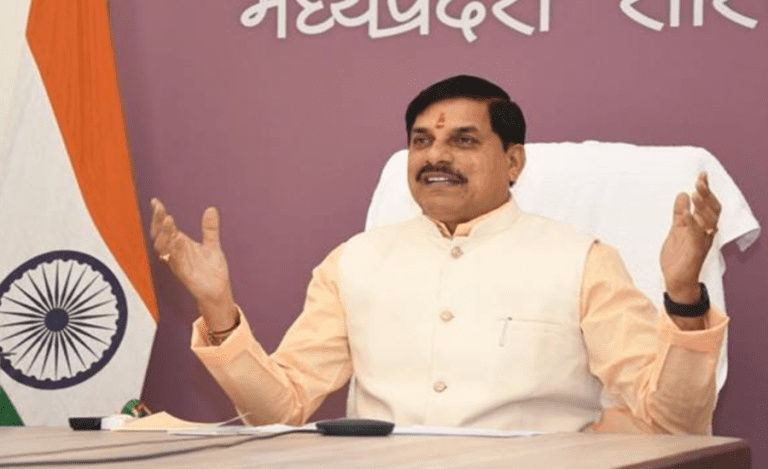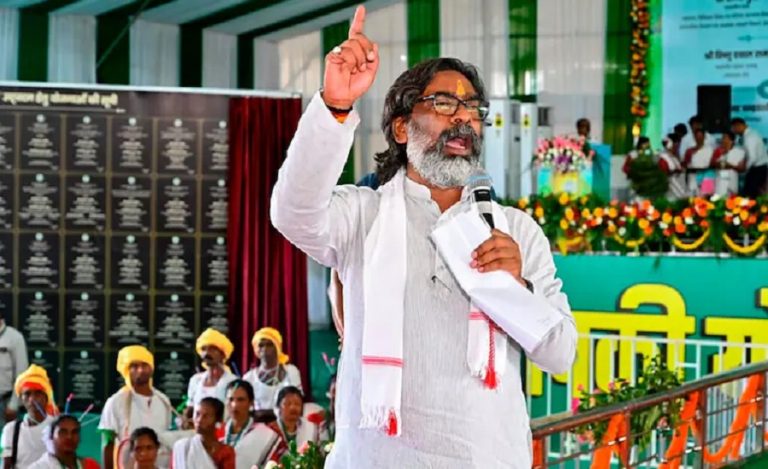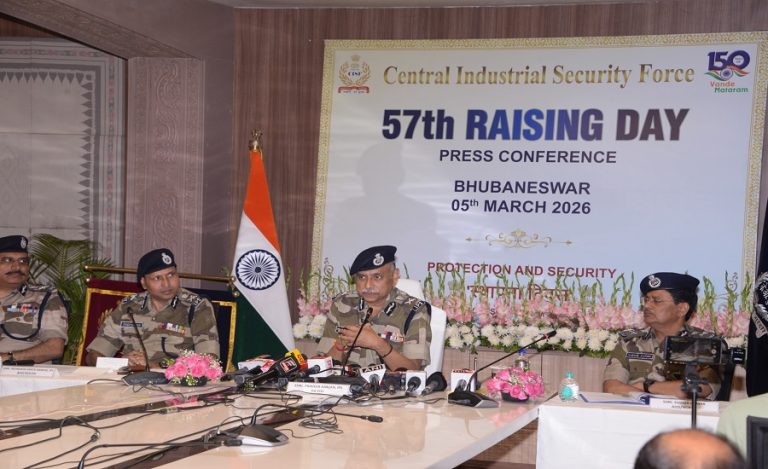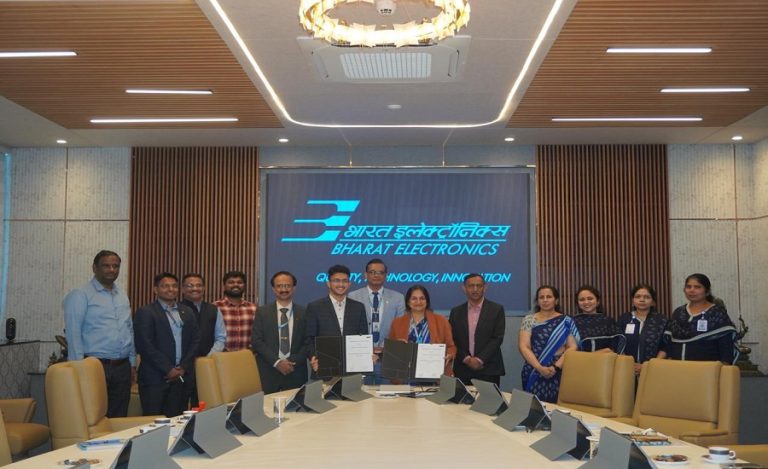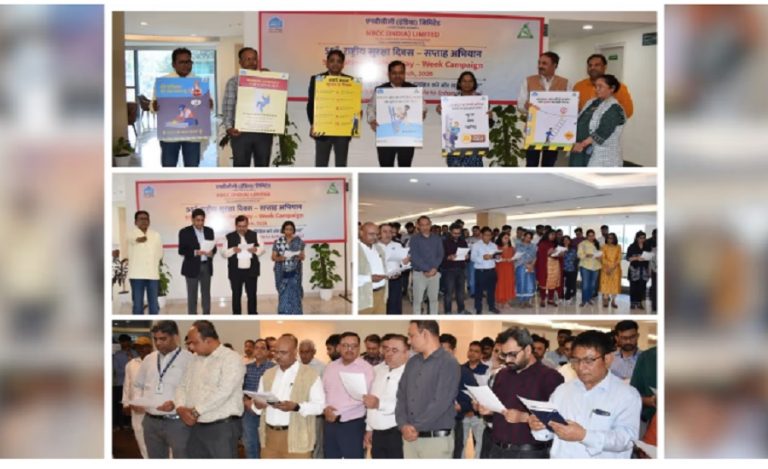While collaborating with the Government of Andhra Pradesh, the NITI Aayog successfully organised a two-day National Workshop under the placard — “Harnessing Potential of Fisheries in Inland States in Visakhapatnam, Andhra Pradesh.”
Via this coveted collaboration, the government wishes to make optimal use of fisheries in the inland states of India. This workshop succeeded in involving key stakeholders in the fishing domain, including top-ranking officials from the central and state governments, researchers, industry representatives, practitioners and the Fish Farmer Producer Organisation (FFPO). Here technical sessions were conducted to illustrate important aspects like sustainability practices, export competitiveness, infrastructural shortcomings, and livelihood hindrances involved with India’s inland fisheries industry.
During the workshop, Hon’ble Minister Shri Parshotam Rupala illustrated the necessity for active collaboration and skill development of traditional fishermen to invigorate their competitiveness. Mr. Rupala expounded on the concept of connecting each Amrit Sarovar to create greater opportunities for fishermen and gift them with better standards of living. According to him, fish markets should adopt a similar marketing approach to that of a fish mall, imitating the culture of shopping malls in bigger cities. Here, he also highlighted the government’s stimulus on fisheries through its flagship programs like the Pradhan Mantri Matsya Sampada Yojana (PMMSY), Blue Revolution, FIDH, and other insurance-related schemes.
Eminent economist and Member of NITI Aayog, Prof. Ramesh Chand, highlighted the achievements of Andhra Pradesh in upholding its fisheries sector and stressed the necessity of bridging regional disparities in production and productivity.
On the second day of the workshop, many technical sessions on Sustainability in Inland Fisheries were featured. These sessions prompted policymakers, industry players, and fisheries startups, to brainstorm and chart out roadmaps for the sector’s growth in the future.
During the workshop, as many as 13 states presented their accomplishments, potential, challenges, and best practices. The workshop concluded on the notes of forging new partnerships and identifying the subsequent steps that would lay the foundation for the sector’s growth opportunities in the future.


